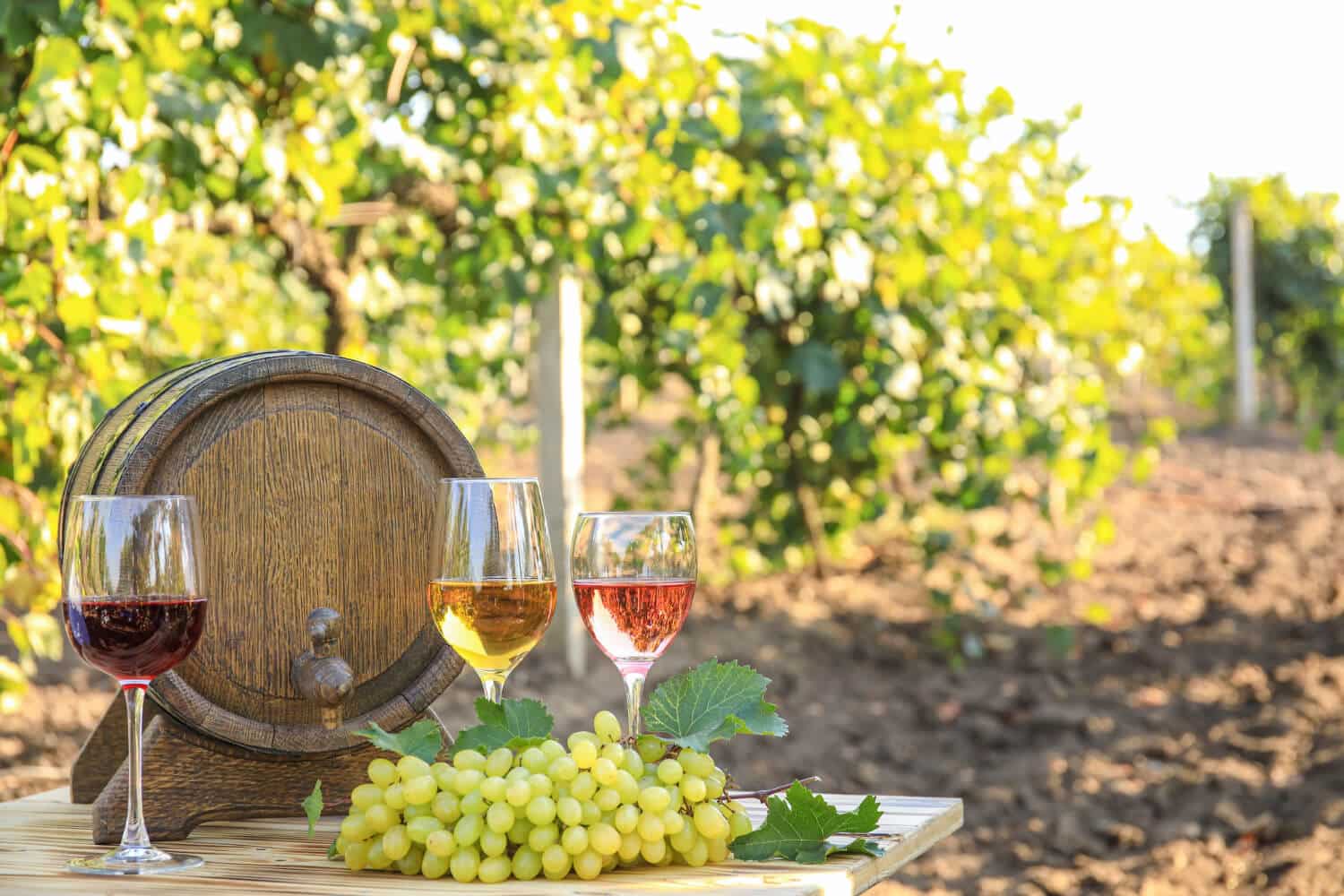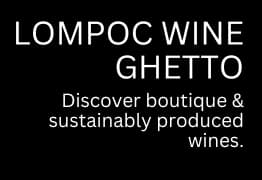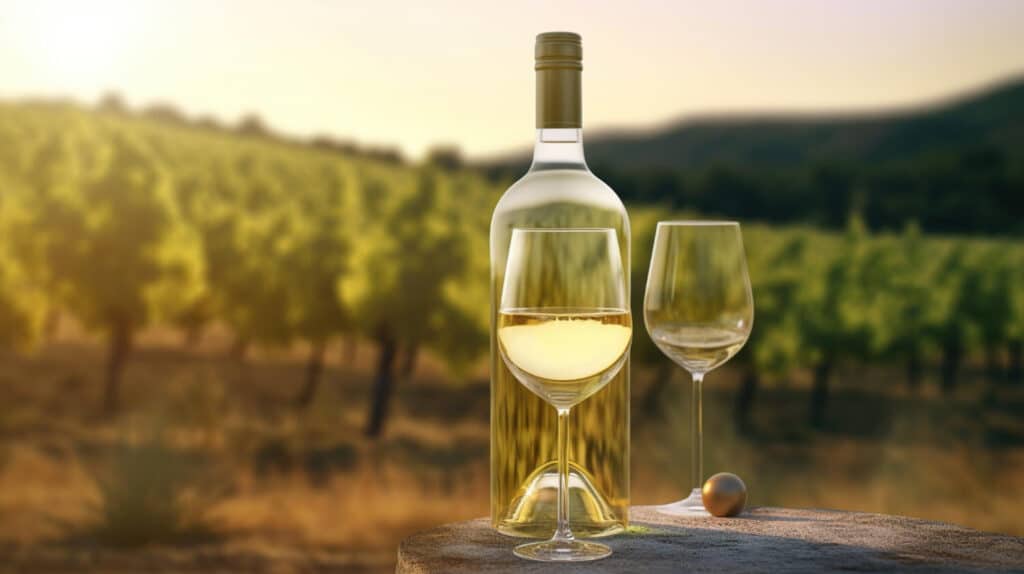
In the ever-evolving world of wine, the term “natural wine” has been gaining traction and capturing the attention of wine enthusiasts worldwide. But what exactly is natural wine, and why is it making waves in the industry? Let’s examine the nuances of natural wine, exploring what it is, how it differs from conventional wine, and why it’s become a topic of fervent discussion among wine connoisseurs.
What is Considered Natural Wine?
Natural wine is more than just a label; it’s a philosophy that embraces minimal intervention in the winemaking process. Unlike more mainstream and conventional wines, which often involve additives and technological manipulations, natural wine strives to let nature take the lead. What are the 5 fundamental characteristics that delineate natural wine?
- Organic and Biodynamic Farming Natural wine starts with organic or biodynamic farming practices. This means that the grapes are cultivated without the use of synthetic pesticides, herbicides, or chemical fertilizers. Biodynamic practices go a step further, emphasizing a holistic approach that considers the vineyard as an interconnected ecosystem.
- Wild Fermentation Natural winemakers rely on wild, indigenous yeast present on the grape skins and in the vineyard environment to initiate fermentation. This allows for a unique and diverse array of flavors to develop.
- Minimal Intervention The winemaker’s role in natural wine production is more akin to that of a guardian, gently guiding the process rather than imposing a heavy hand. There are no added enzymes, artificial nutrients, or commercial yeast strains.
- No Filtration or Fining Most natural wines are typically unfiltered and unfined. Meaning that sediments may be present in the bottle, contributing to a more authentic and unadulterated tasting experience.
- Low to No Sulfite Additions Sulfur dioxide (SO2) is commonly used in winemaking as a preservative and stabilizer. Natural wines will have these limited or completely omit sulfite additions, relying on mindful cellar practices and a focus on freshness.
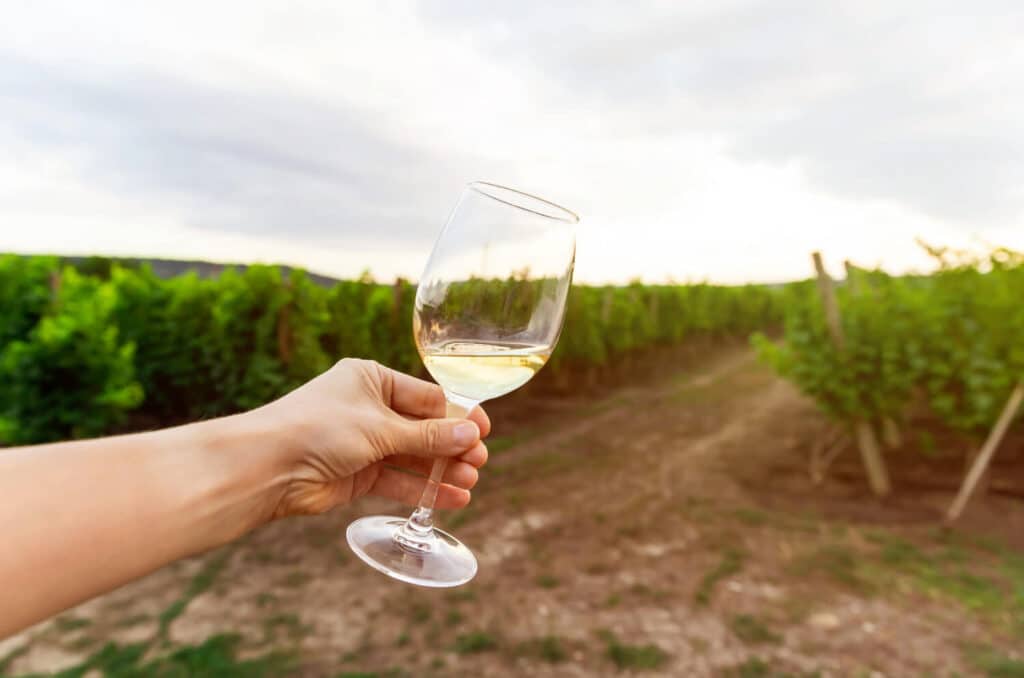
How is Natural Wine Different from Conventional Wine?
The main distinction between natural wine and conventional wine lies in the winemaking philosophy and practices. Conventional winemaking often uses a range of additives and manipulations, including:
Chemical Additives
Conventional winemakers may use a variety of chemical additives, such as stabilizers, color enhancers, and flavoring agents, to achieve a desired taste profile.
Cultured Yeasts
Commercially produced yeast strains are often introduced to ensure a controlled and predictable fermentation process.
Filtration and Fining
Conventional wines are typically filtered and fined to remove solids and improve clarity. This can strip the wine of some of its natural character.
Sulfite Additions
Sulfur dioxide is used more liberally in conventional winemaking to prevent oxidation, extend shelf life, and protect against spoilage.
How is Natural Wine Different from Organic Wine?
While both natural and organic wines share a commitment to sustainable farming practices, they differ in their approach to winemaking:
Winemaking Philosophy
Organic wine primarily pertains to the grape-growing process, emphasizing the absence of synthetic chemicals. Natural wine encompasses a broader philosophy, including organic farming, but also advocates for minimal intervention in the cellar.
Additions and Interventions
Organic wines can still involve interventions in the winery, such as the use of cultured yeast strains or the addition of minimal amounts of sulfur dioxide. Natural wine, on the other hand, adheres to a stricter philosophy of minimal intervention.
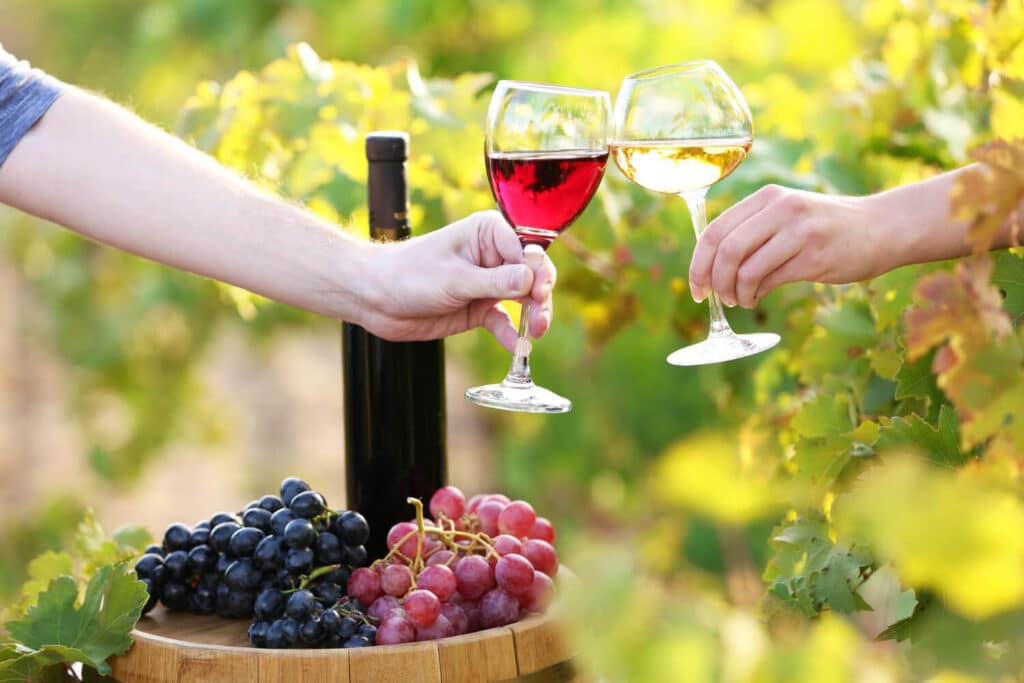
Why Natural Wine Matters
Natural wine embodies a return to the roots of winemaking, celebrating the authenticity and diversity of flavors that emerge from a hands-off approach. By prioritizing sustainable farming and minimal intervention, natural wine encourages a deeper connection to the land and a more genuine expression of terroir—the unique characteristics imparted by the vineyard’s environment.
Choosing natural wine supports a community of dedicated winemakers who are committed to ethical and sustainable farming practice, where the vineyard’s story is told with unapologetic honesty.
Sources:
Alice Feiring, “Natural Wine for the People”
Isabelle Legeron, “Natural Wine: An Introduction to Organic and Biodynamic Wines Made Naturally”
Jamie Goode, “The Science of Wine: From Vine to Glass”
Remember, when exploring natural wine, it’s not just a beverage—it’s an experience that connects you to the land, the people, and the pure essence of winemaking.
